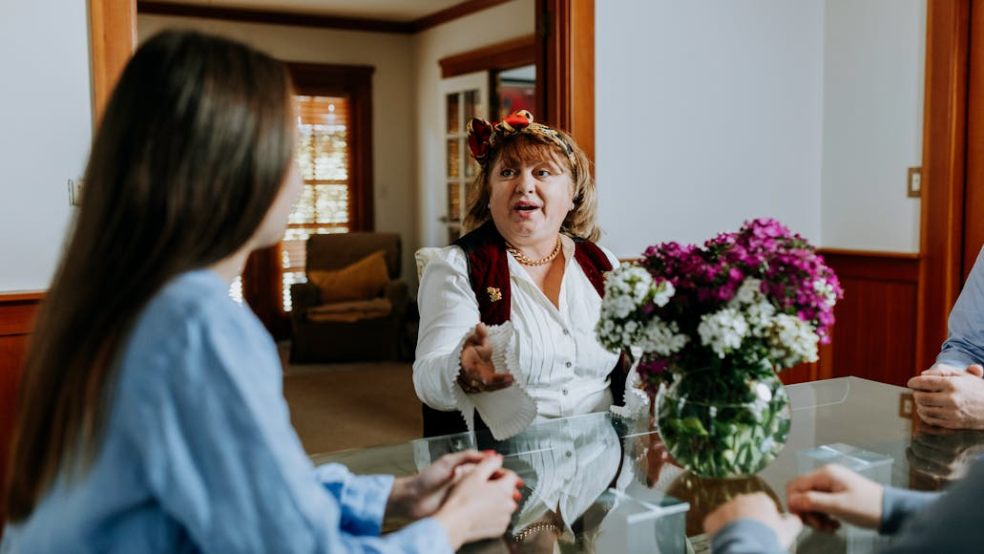
How to Make Family Meetings Work for Stronger Bonds
Family meetings can be a great way for parents, foster carers, and children to connect, communicate, and strengthen their relationships. By setting aside dedicated time to check in, share feelings, and solve problems, families can gain understanding, improve cooperation, and build trust. Here are some tips for making your family meetings a success.
Schedule Regularly
The first step is to establish a consistent schedule for your family meetings. Sit down together and decide on a regular schedule that works for everyone, such as weekly or monthly. Mark it clearly in your calendars. Making it a standing appointment will help it become habit and prevent it from falling off the radar when things get busy. Even a short 20-30 minute meeting can make a difference.
Involve Everyone
These meetings are for the whole family - parents, children, even foster carers and foster children if you are fostering with Fostering People. Encourage openness by inviting every family member to attend and participate. However, be sensitive to foster children who may be hesitant to share personal thoughts right away. Move at a pace that is comfortable for them.
Choose a Time that Works
Pick a time when you are least likely to feel rushed or distracted. After dinner can be a good window when everyone is together at home. Keep meetings positive by making sure no one is hungry or tired. For larger families, split into two separate sessions to allow proper focus.
Take Turns Setting the Agenda
Give each family member a chance to decide on the topics and lead the discussion, especially children. Listen to their choice of issues or activities without judgement. Rotate responsibility at each meeting so everyone gets a turn.
Promote Active Listening
Family meetings are not lectures - they are conversations. Teach and model active listening skills like rephrasing, asking questions, avoiding interruptions and maintaining eye contact. Gently steer discussions back on track if anyone gets distracted or negative.
Include Fun Activities
Meetings don't have to be sit-down talks. Get up and move around together! Play games, cook a meal, take a walk or work on an art project. Side-by-side creative activities can open conversations organically. Share in uplifting experiences and make joyful memories together.
Resolve Conflicts Respectfully
Disagreements are normal, but family meetings can teach positive conflict resolution. Set rules like no accusations, yelling or storming off. Each person gets a chance to explain their viewpoint and feelings without interruption. Look for compromise and validate emotions.
Celebrate Achievements
Use part of each meeting to recognise family members' recent accomplishments, progress or good deeds. Sharing appreciation and praise supports self-esteem and creates warm feelings. Make sure to highlight foster children's wins frequently.
Close on a Positive Note
As the meeting wraps up, have everyone say one thing they enjoyed or are looking forward to as a family. This uplifting closure sends everyone off with smiles and a spirit of optimism. Consider a quick group hug or cheer.
Stick to It!
Consistency over time is key to making family meetings work. It may feel awkward at first but keep the momentum going. Adjust the format as needed but don't give up. Meetings will get easier and more rewarding as the family bonds strengthen.
The gift of coming together regularly prevents relationships from drifting. By investing just a small amount of time each week or month, family meetings allow all members' voices to be heard in an atmosphere of care and trust. The connections forged during these simple but powerful sessions can have profound, lasting impacts, helping families thrive through all of life's ups and downs.

















